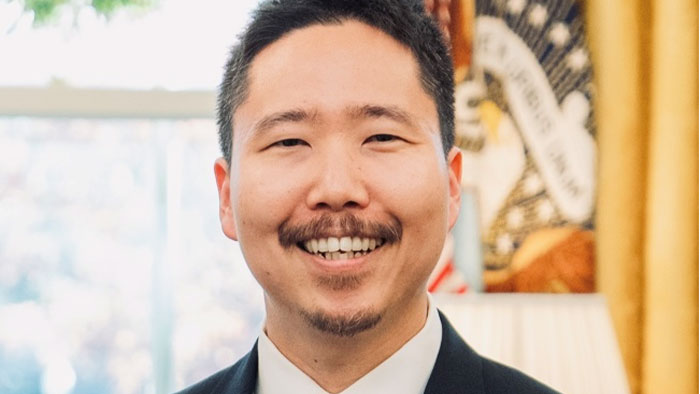The NLRB’s Free Speech Contortions
- By [ Evan Armstrong ]
- 08/29/2022
The General Counsel has contorted the law to redefine which speech rights exist in the workplace, and ultimately assessed that employers have next to zero rights to speak to employees about actual work-related matters such as a unionizing campaign. In previous posts, we have highlighted the erosion of employer’s ability to speak to employees during work time and the damage it will cause.

It is undisputed that employees, whether union or not, have the right under the NLRA to speak about conditions of work. But according to a recent decision by an Administrative Law Judge (ALJ) those rights do not include issues that have little to no connection to work related matters. The ALJ affirmed this principle of law in a case concerning a Black Lives Matter button on a work uniform. The judge stated that, "A message about unjustified killings of Black men, while a matter of profound societal importance, is not directly relevant to the terms, conditions, or employees as employees."
However, the General Counsel seeks to elevate political and social speech in the workplace by limiting rules and policies designed to apply a neutral standard to speech by which all employees and customers can abide. In practice, a retailer who wishes to remove potentially confrontational or controversial issues from a store or facility, such as a confederate flag or Black Lives Matter insignia, the GC would potentially challenge that as an infringement of protected union activity and ultimately charge the retailer with an unfair labor practice.
This view of speech in the workplace is ill-advised given the subjectivity inherent in determining what is allowable political or social speech. Further complicating the matter, the GC argues not that the uniform policy was unlawful, but that the application to BLM was unlawful.
With an aggressive GC waiting to use all tools against employers, how can an objective and reasonable retailer maintain an effective workplace policy? For any employer, its employees, and customers this may potentially bring uncertainty and confusion into the work environment. For a retailer who seeks to cultivate a positive shopping experience in stores, the position of the NLRB and the GC creates a multitude of potential conflicts between employees or between a shoppers and employees.
Unfortunately, the General Counsel believes that speech under the NLRA for employees trumps any and all other concerns – including any concern with Title VII under the Civil Rights Act which protects against workplace harassment and discrimination.
Leading retailers’ mission is to make their employees and customers feel safe and secure in an inclusive environment, but the crusade to empower union rights over all other considerations (including the law) will very likely create more discord, and disruption to workers, businesses, and customers.
For more information on this issue or RILA's broader advocacy efforts on workforce policy, please contact Evan Armstrong.
Tags
-
Public Policy
-
Workforce



